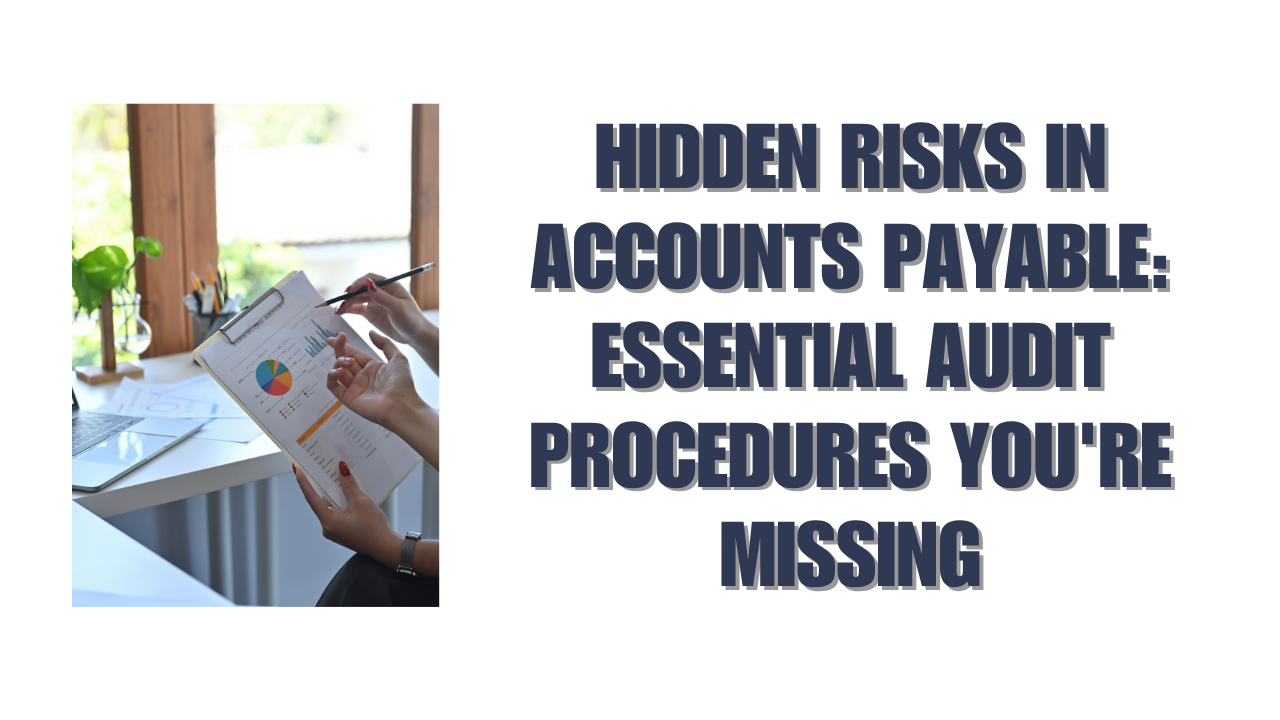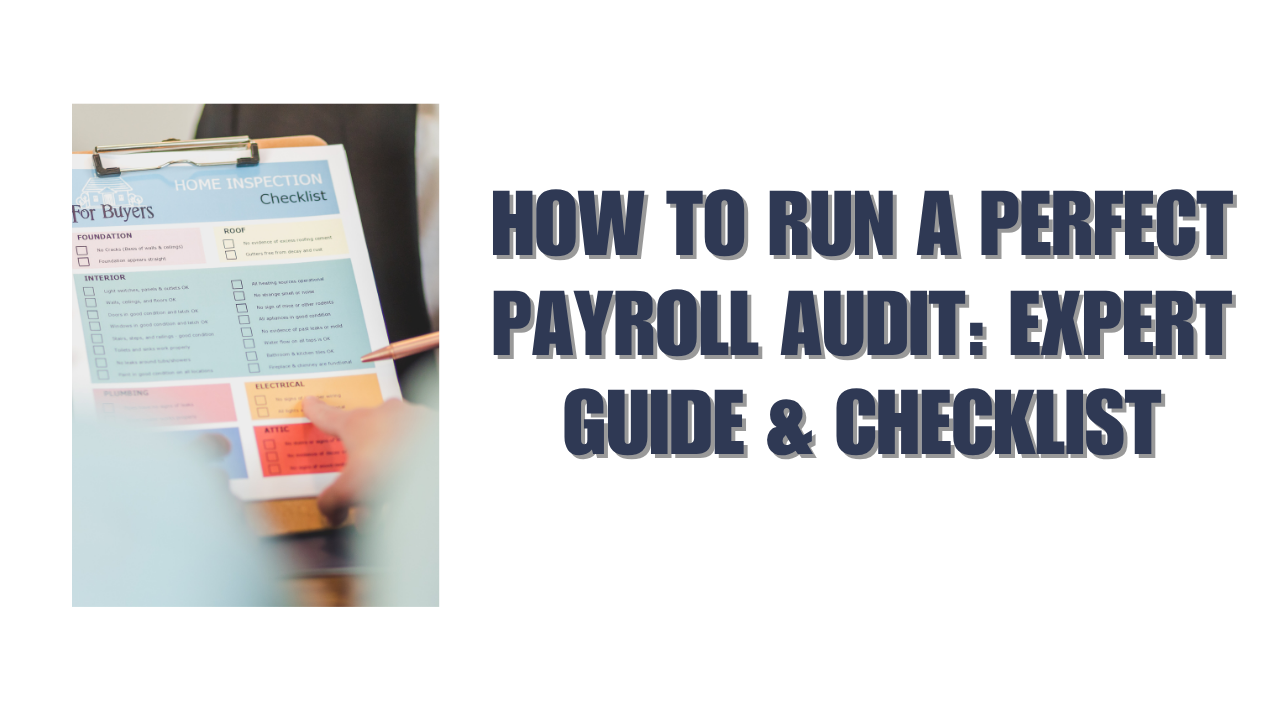Nonprofit organizations act as fundamental components for building stronger local communities, which help tackle social problems. At the same time, they create essential social impacts. New Zealand requires nonprofits to maintain comprehensive transparency and accountability because of their fundamental importance. The solution needed at this point is represented by audit services. Financial integrity, along with donor trust, stakeholder trust, and regulatory authority confidence, is ensured through audit services in New Zealand. Nonprofit organizations operating in complex financial environments need specialized audit solutions that apply specifically to their unique operational needs. The benefits brought by audit services to New Zealand nonprofits will be examined from multiple angles in this section.
Strengthening Financial Accountability
Any successful nonprofit organization maintains financial accountability as its fundamental building block. Nonprofit organizations survive primarily on donations and grants, yet they must manage precise financial documentation to prove funds match intended usage. Nonprofits can reach this milestone through audit services that supply independent financial statement evaluations. Through an audit, nonprofits can verify that spending matches their purpose and follows donor conditions. Confidence is received by donors and stakeholders because responsible fund management is proven through increased accountability measures.
Building Trust and Credibility
Foundations of trust serve as the essential element for any nonprofit to succeed. Grant-making institutions, together with donors, require confirmation that their donations will generate significant outcomes. The financial clarity of nonprofit organizations gets validated through audit services that serve to provide this assurance. A high-quality audit report helps nonprofits enhance their credibility and improves their chances of securing sustained monetary support through ongoing donations and major grant funding opportunities. Through regular audits, nonprofits establish lasting connections with their supporters along with their stakeholders because of their promoted transparency standards.
Ensuring Regulatory Compliance
The legal system in New Zealand supports the robust operation of its nonprofit sector. The charity sector exists under strict regulations that demand organizations to maintain financial statements according to New Zealand GAAP accounting standards. Audit services help organizations stay within legal boundaries, which ensures their compliance. Audit procedures help check financial records so nonprofits remain safe from legal punishments and consequences. Having a proactive approach allows nonprofits to stay in compliance with regulatory requirements, keeping their charitable status active.
Enhancing Internal Controls
Organizations use audit services to track down weaknesses within their internal control systems. Organizations deploy internal controls through policies that function to defend resources, stop fraud, and deliver operational efficiency. Auditors examine the security efficiency of controls during audits before offering recommendations to enhance implementation. Organizations that implement better internal controls achieve improved operational efficiency through reduced financial mismanagement risks. Nonprofits achieve full focus on their mission because regular financial irregularity anxiety no longer bothers them.
Facilitating Strategic Decision-Making
The auditing process plays dual roles by serving both as a compliance tool and delivering strategic insights. The financial audit presents nonprofit organization leaders with clear financial health conditions that allow them to properly direct budget needs and arrange present funding and future operational strategy. Audits provide strategic insights by revealing patterns within financial data to better identify future expansion possibilities and by highlighting spending areas that need optimization. This strategic advisory system helps organizations effectively distribute their scarce resources to achieve their social mission.
Increasing Funding Opportunities
Nonprofits depend almost exclusively on outside financial resources to maintain their daily activities along with their mission accomplishment. Before allocating financial support, grantees and donors now perform thorough investigations of nonprofits’ financial transparency records. Audit services supply nonprofits with essential financial credibility, which enables them to secure these vital funding opportunities. An organization with a clean audit examination passes important tests showing successful management combined with financial stability to deliver promised performance. The increased financial visibility that audit services bring attracts more funders and investors to support a nonprofit organization.
Mitigating Financial Risks
Nonprofit organizations face multiple financial hazards while they operate due to dangers such as fraud and embezzlement alongside improper fund distribution. Audit service evaluation, which detects and reduces potential risks that may grow into substantial organizational threats, provides a sense of security. Auditors help maintain financial integrity within nonprofits through their work of discovering process weak spots and their prescribed remedial procedures. The organization benefits from this proactive system in both protecting its organizational resources and maintaining its reputation.
Aligning with Stakeholder Expectations
All groups involved with nonprofit organizations, including volunteers, donors, and recipients, expect complete financial visibility and organizational accountability. Audits help nonprofits follow stakeholder expectations by supplying stakeholders with thorough and unbiased financial assessments. The final audit reports establish both responsible economic management and ethical business practices for the organization. Audits that fulfill stakeholder expectations enable nonprofits to build stronger relationships with their community, thereby sustaining their credible standing.
Improving Operational Efficiency
Audits evaluate both financial data and the operational management systems of an organization. Financial data analyses for identifying operational inefficiencies through audit services allow nonprofits to optimize their implementation procedures. Auditors’ advice results in monetary savings along with better resource utilization that produces enhanced program implementation. Nonprofits reach further milestones because of improved operational efficiency, which maximizes their current resource availability to drive more impactful work within their communities.
Supporting Governance and Leadership
Effective governance stands as the essential condition for nonprofit organizations to experience success. Financial audit services supply key data that helps boards and management teams meet their fiduciary duties. Regular audits generate unbiased financial evaluations, which allow leaders to use their enhanced data insights to make informed decisions. The audit process delivers specific recommendations to nonprofit organizations that guide them to strengthen their governance system. Organizations develop stronger accountability alongside transparency across every operational level.
Meeting Donor Expectations in a Digital Era
Nonprofits serving in the digital era must deliver instant feedback alongside complete financial details to their donors so these supporters feel confident providing financial backing. Audit services, by ensuring the accuracy and reliability of financial information, play a crucial role in meeting donor expectations. Audits benefit from digital tools along with technologies that increase both their accuracy and operational efficiency. Audit services play a critical role in the digital transformation of nonprofits by fostering better donor trust and maintaining transparency in this technologically driven era.
Conclusion
Audit services play an essential role across New Zealand’s nonprofit sector because they deliver critical financial accountability benefits as well as operational efficiency improvements. Organizations build stakeholder trust and establish credibility through audits that ensure security alongside compliance goals across their mission fulfillment. The importance of audit services for driving financial integrity and strategic growth of nonprofit organizations will rise beyond current projections as the sector transforms.
Your nonprofit’s success in modern market competition requires reliable collaboration with financial services providers. Our company, Aurora Financials, provides specialized remote auditing and assurance services, accounting, financial reporting, tax consulting, NZX-related services, and risk and compliance solutions.
The customized solutions we provide enable nonprofit organizations to solve their complex financial needs while securing their lasting growth potential. Visit our website to learn more about how we can support your organization’s journey toward financial excellence.
FAQS
1- Why are audit services crucial for nonprofits in New Zealand?
Audit services ensure financial accountability, regulatory compliance, and donor trust while helping nonprofits maintain transparency and credibility in their operations.
2- How do audits help nonprofits secure more funding?
Audits provide financial credibility, showcasing responsible fund management and economic stability, which attracts donors and grant-making organizations.
3- What role do audits play in improving operational efficiency for nonprofits?
Audits identify operational inefficiencies and offer recommendations to optimize resource utilization, enabling nonprofits to achieve greater impact with their resources.
4- How do audits assist nonprofits in mitigating financial risks?
Audits uncover potential risks such as fraud or improper fund allocation, providing solutions to safeguard financial resources and protect the organization’s reputation.
5- How do audit services align with stakeholder expectations in nonprofits?
Audits deliver unbiased financial assessments that ensure transparency, ethical practices, and responsible fund management, meeting donor and stakeholder expectations.






